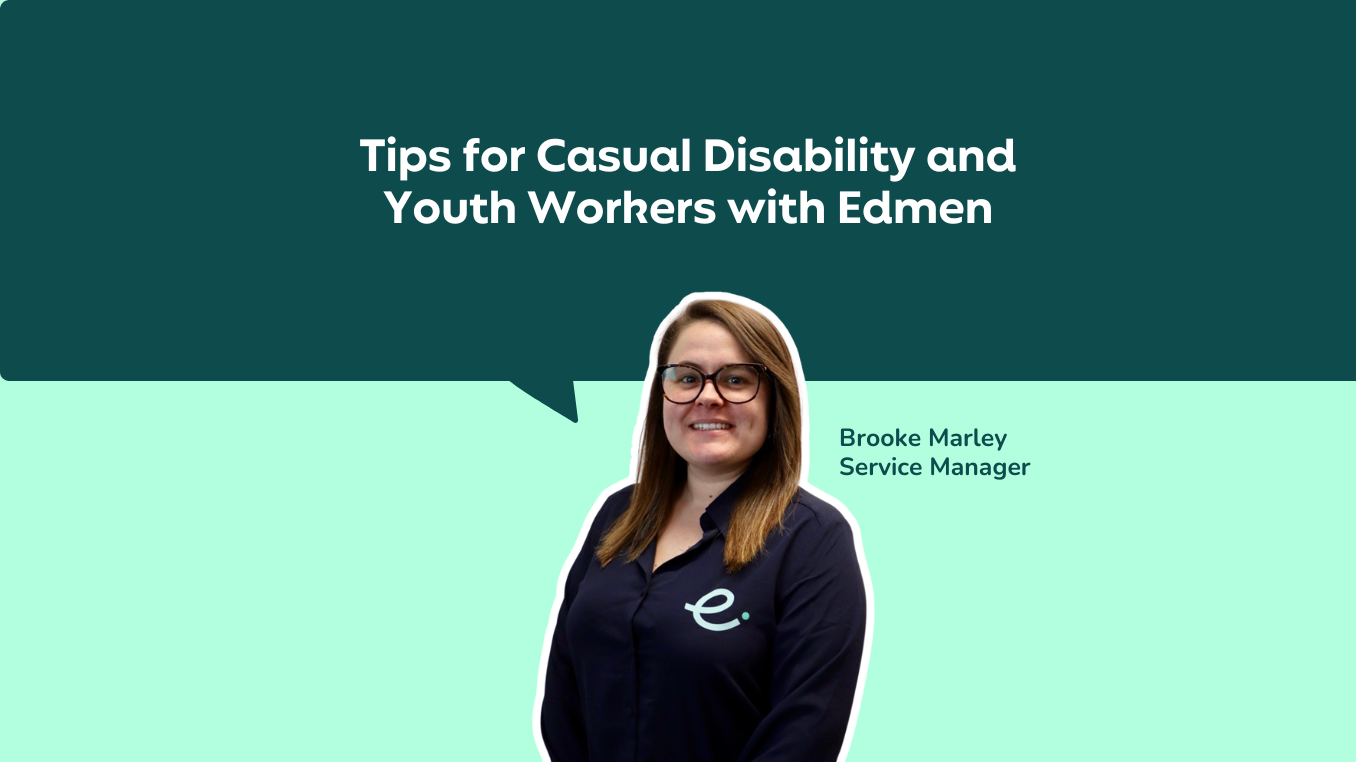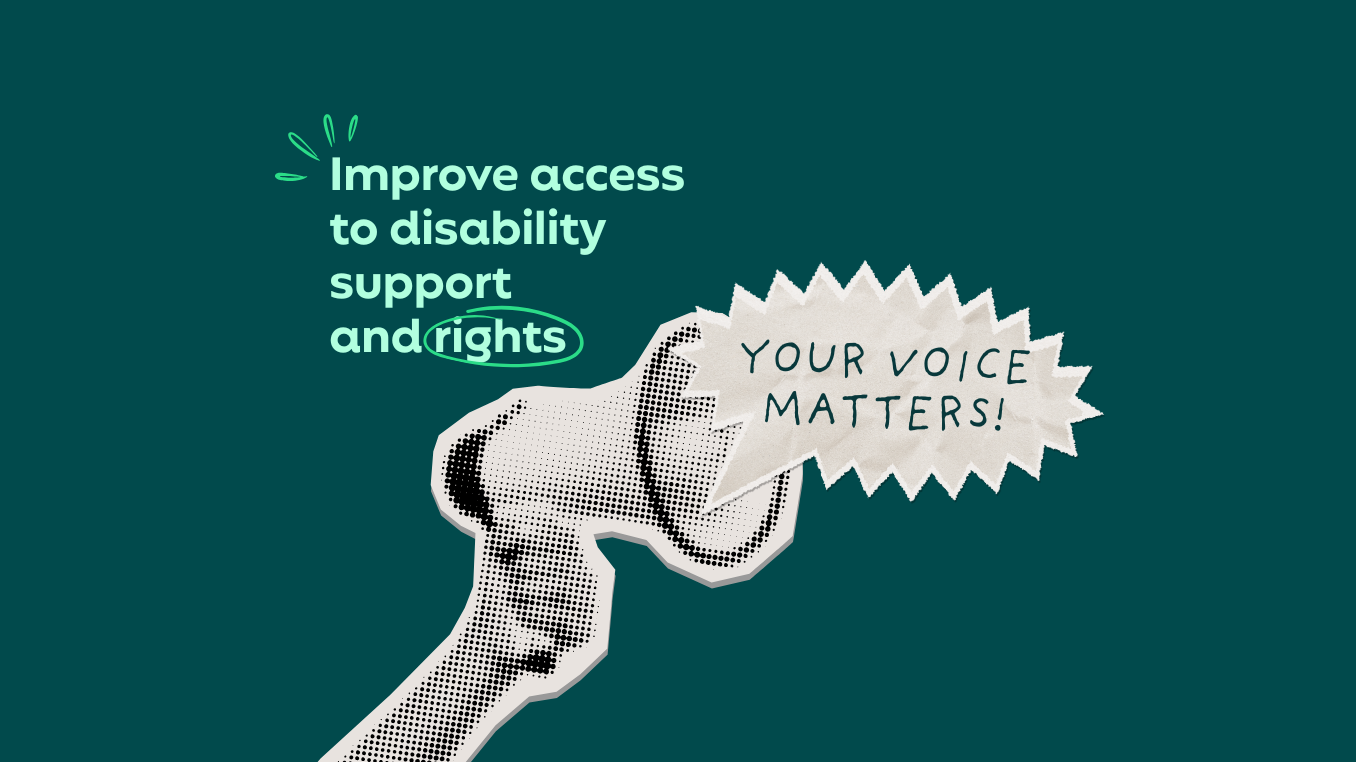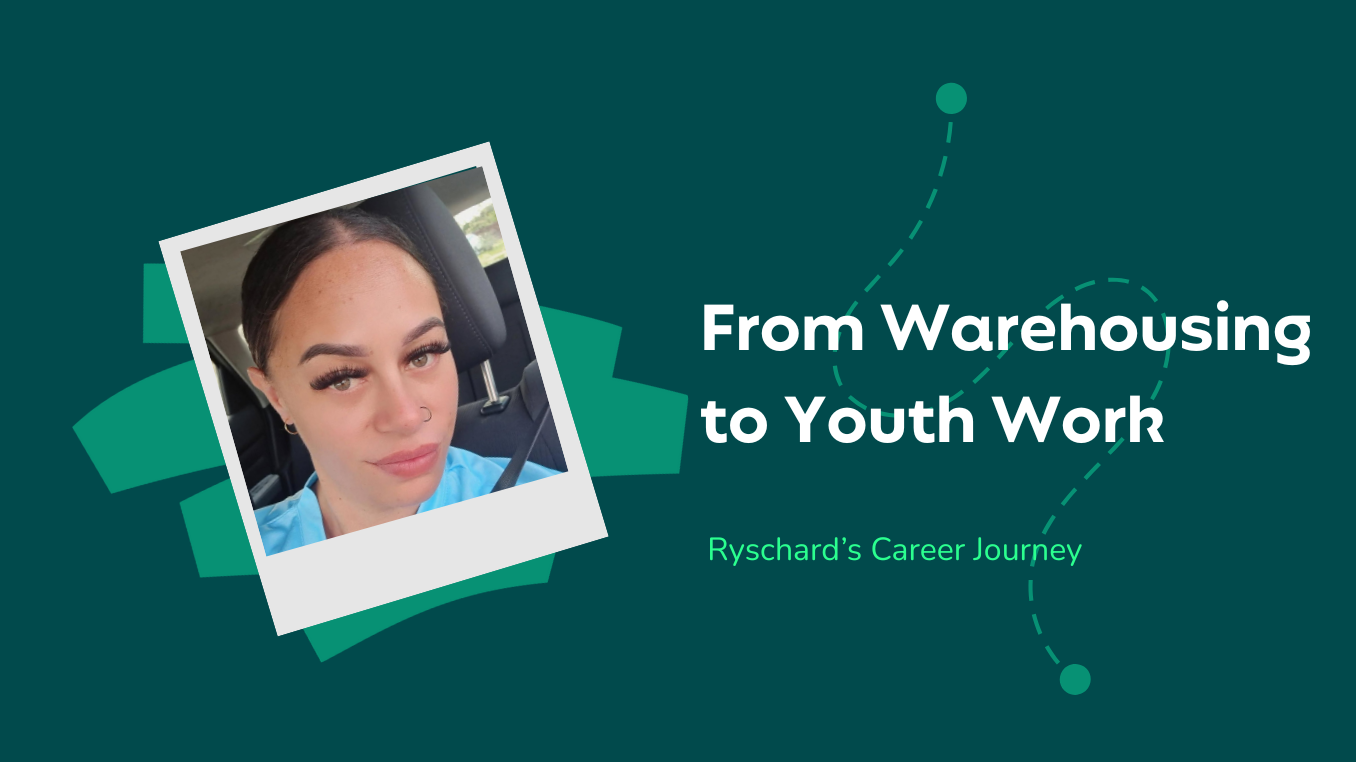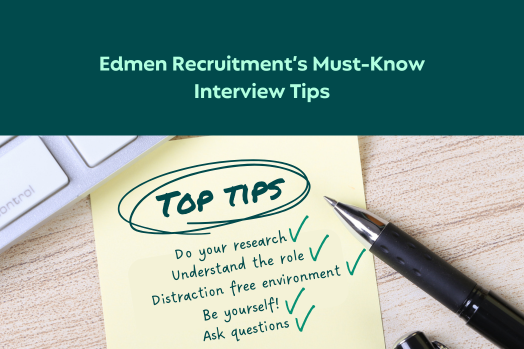Interview with Dharma
1. Tell us a little about your background and why you decided to become a Disability Support Worker?
I am Dharma Dotel and I have been living in Rockhampton for more than 13 years now. From the first year of arrival, I am have been involved with multicultural activities in our local communities. I worked as a chef before I joined Edmen as a Disability Support Worker. I am passionate about helping people achieve their goals. I feel satisfied when my small efforts are able to bring smiles on the faces of others, and that is the main reason behind my interest in becoming a Disability Support Worker.
2. Why did you choose to work with Edmen?
While working as a chef, I had very limited time to spend with my family and enjoy activities outside of work. Edmen provides better work-life balance which gives me more opportunity to be with my family. I love the flexible work environment and super friendly colleagues I get to work with every day.
3. What kind of work do you do on a day-to day with your clients?
I assist clients in their everyday tasks/activities which includes work around daily living (ADLS), meals preparation, giving medications, activities, cleaning, washing, cooking and fun. Previously, being a chef I am also known to make great meals. Throughout all these activities and ADLS, I encourage and support clients to involve as much as they can to ensure their independence.
4. What has your experience been like working with Edmen?
Amazing! The work environment is friendly and supportive. The flexible time schedule provides me with more time for family and social life. My Service Coordinator, Nick Srbjakoski, has been particularly amazing as he has made effort in contacting me multiple times to ask about my conditions during these recent times with the crisis. I have been very impressed by this and felt extremely supported.
5. What’s your favourite memory as a Disability Support Worker with Edmen?
My favourite memory was when I was working in a residential home. I had made lunch for our customer who barely ate anything as he usually refused his meal. One day I cooked the meal for him and he said “I love the meal and thank you for the lovely meal today, I can’t wait until you are next on the shift”. I felt content with such a compliment and felt as though I was doing a good job in taking care of him.
6. What impact do you feel you have on your client’s lives?
As a direct Disability Support Worker, my activities and responsibility make a huge impact on my client’s lives. I believe that one needs to be genuine and authentic in order to take care and create impact in the lives of others. My goal is to make sure the clients feel happy and safe at all times.
7. What’s the most rewarding thing about being a Disability Support Worker?
As a Disability Support worker the most rewarding part of the job is helping people to build skills that enable them to make decisions affecting their lives and live as independently as possible.
8. What do you love most about your role?
A support worker role is very rewarding because I am making a genuine difference to the quality of individuals’ life. I am able to provide support to vulnerable individuals who have a range of different needs, such as mental health issues, learning disabilities, medical conditions or physical disabilities. And from those different scenarios, I get opportunities to learn and think out of the box.
9. Would you recommended Edmen to other people looking to work in the industry?
I would 100% would recommend Edmen.
Edmen are an excellent company to work with, with a professional workforce that is devoted to taking care of their workers. I would highly recommend Edmen to others who are looking to join a genuine workplace with many benefits.
Edmen Community Staffing Solutions Blog

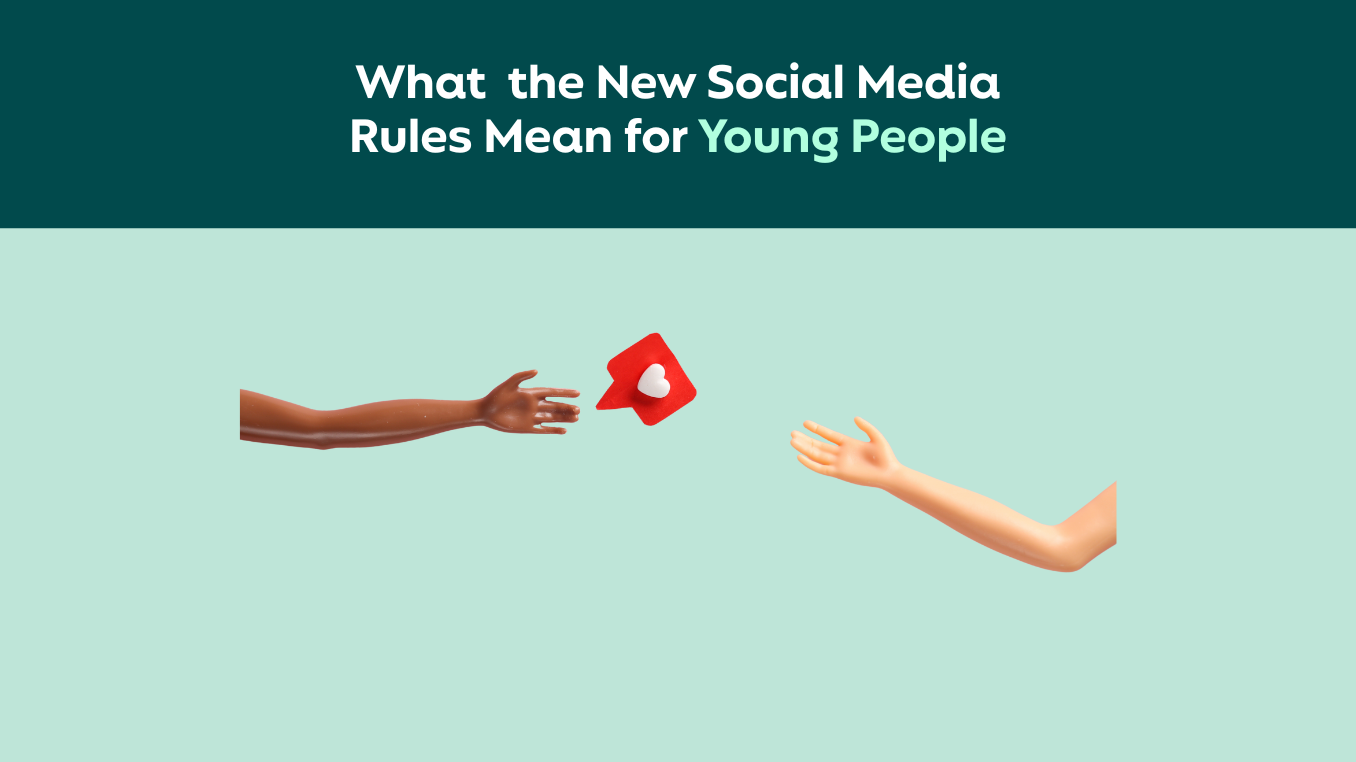

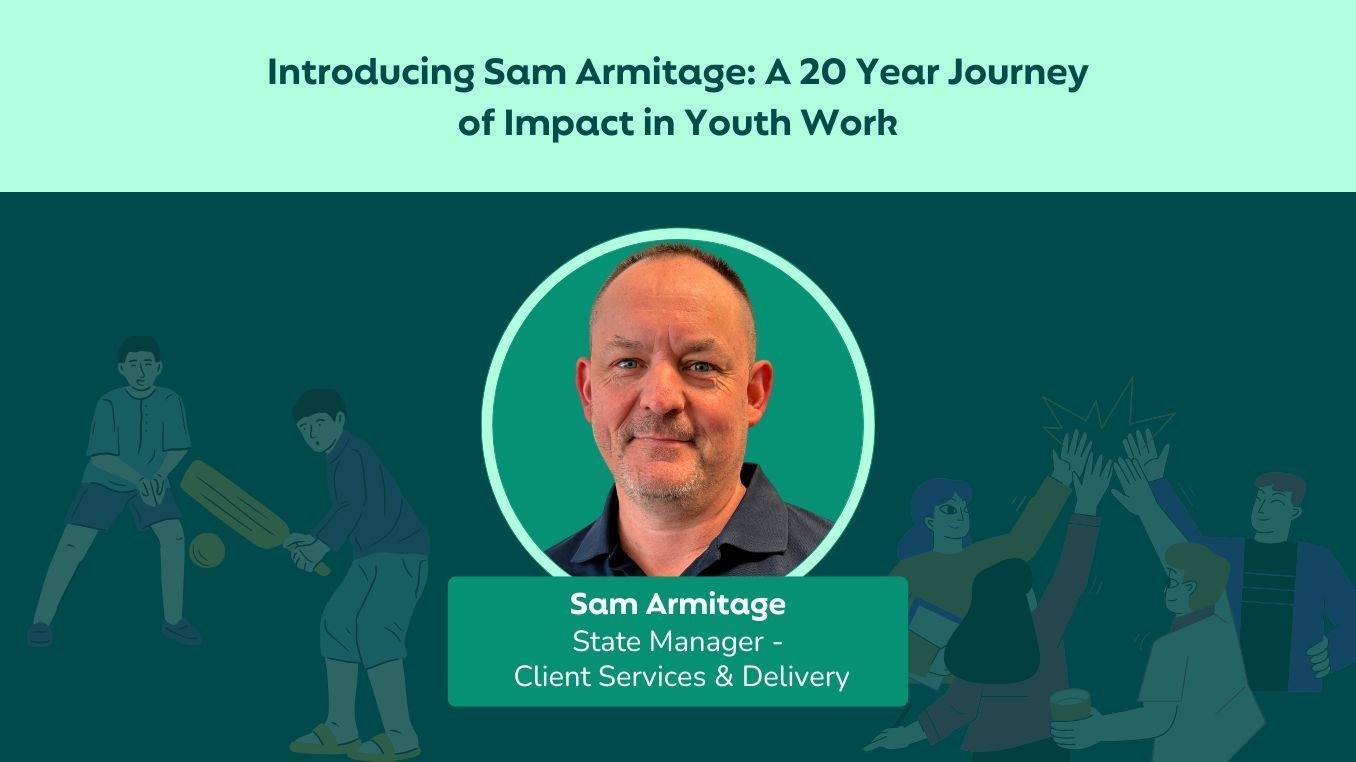

Edmen Community Staffing Solutions Blog

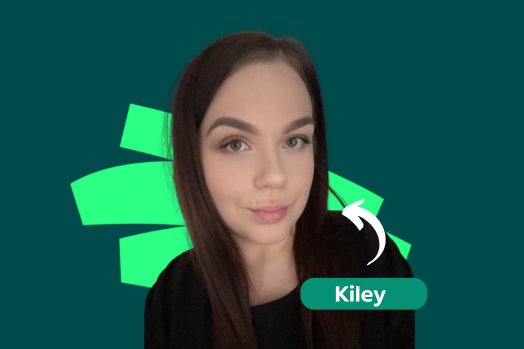
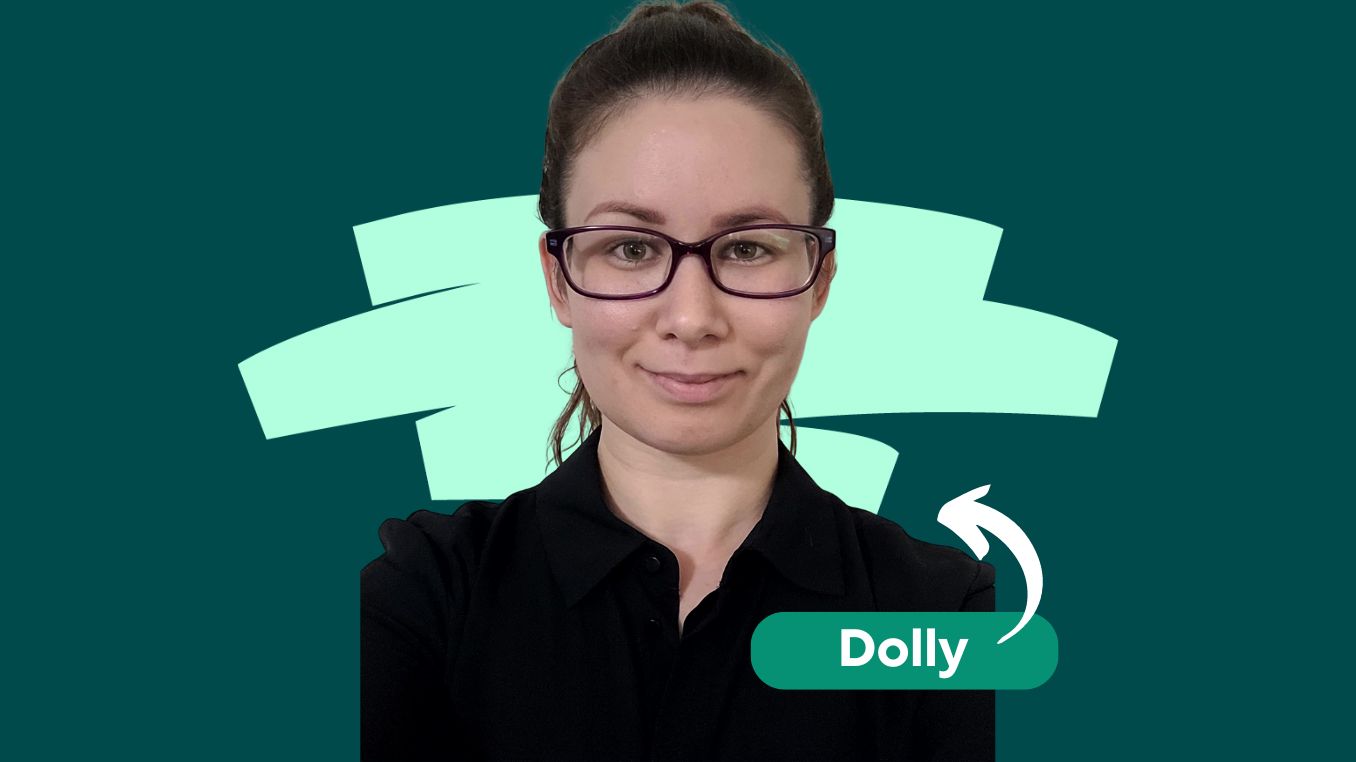


Edmen Community Staffing Solutions Blog






